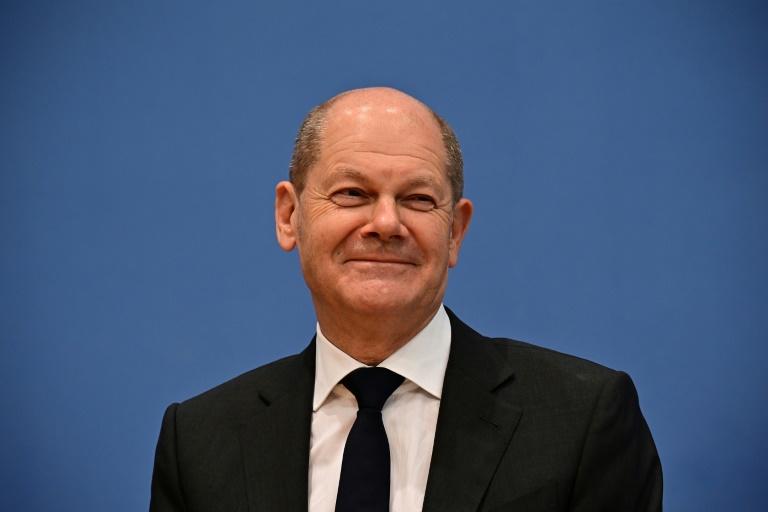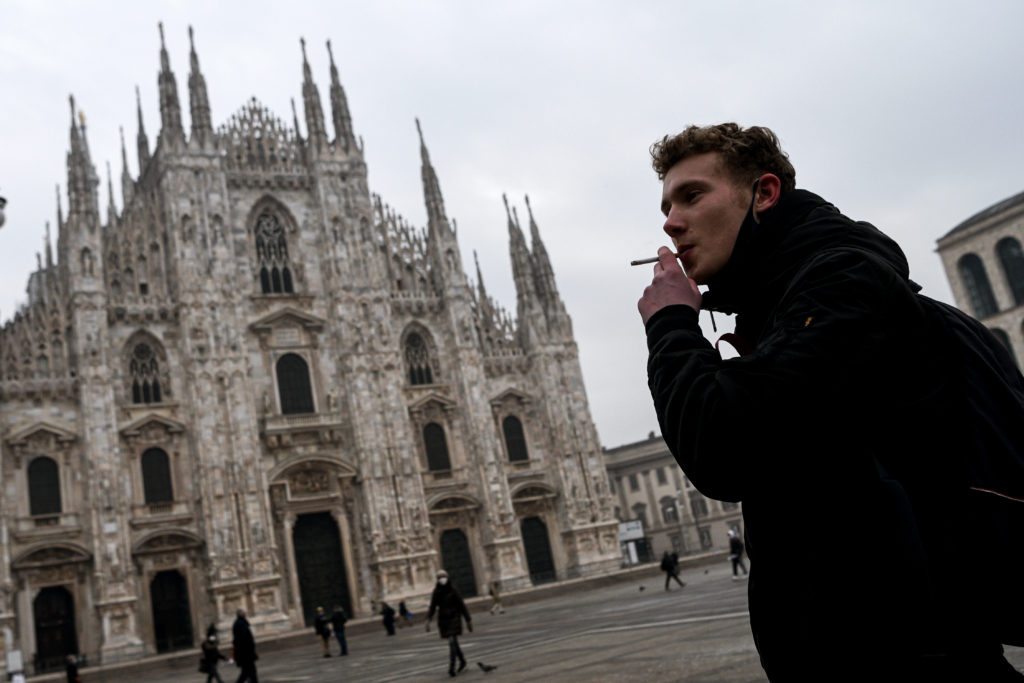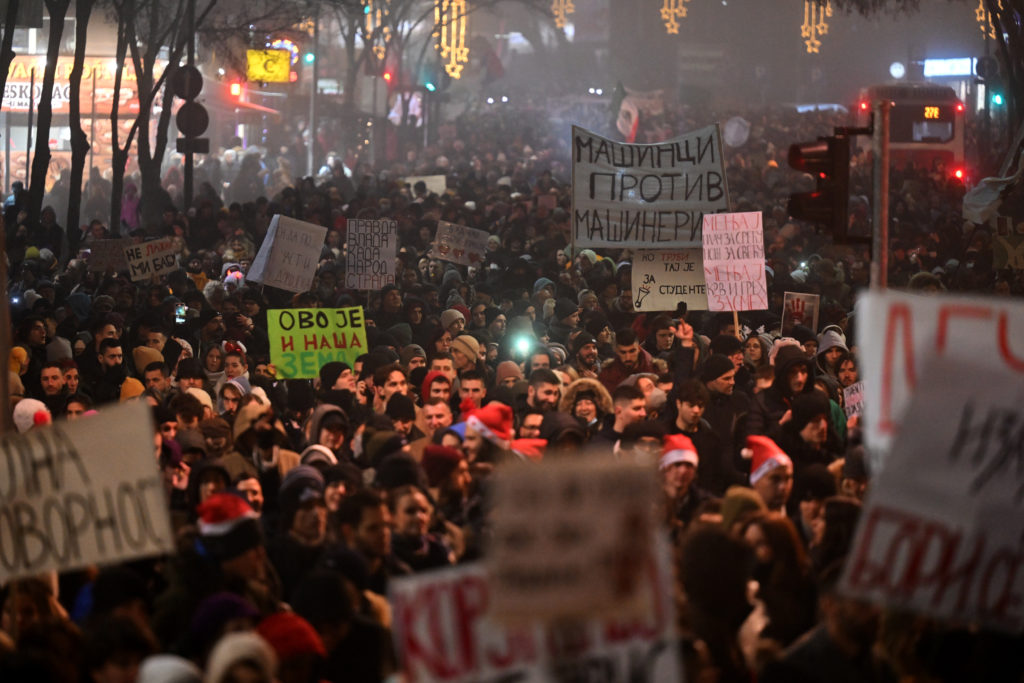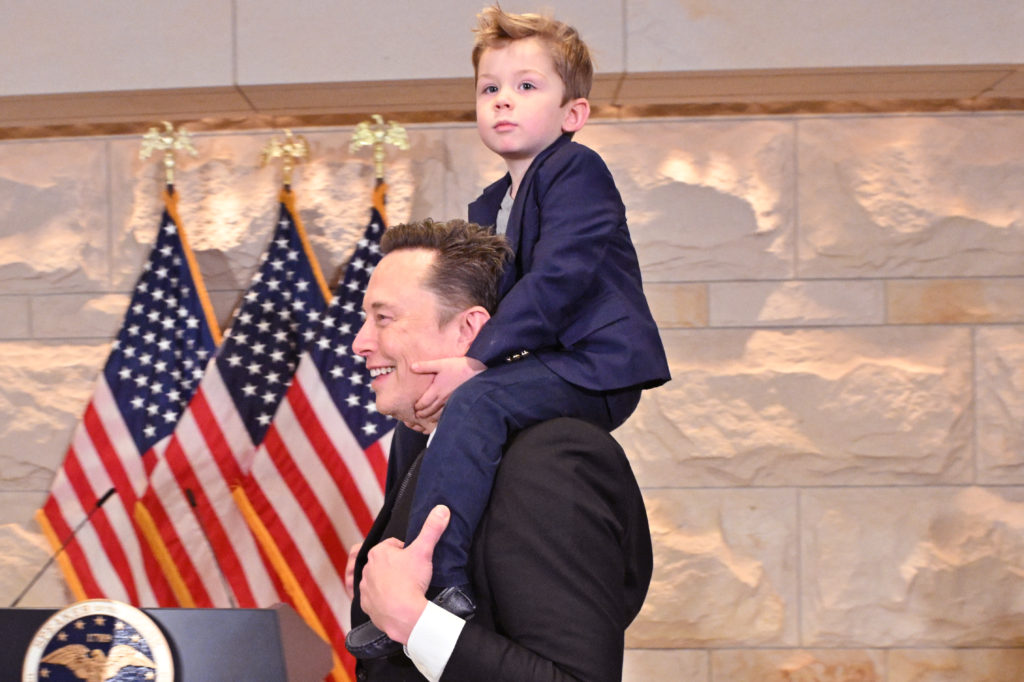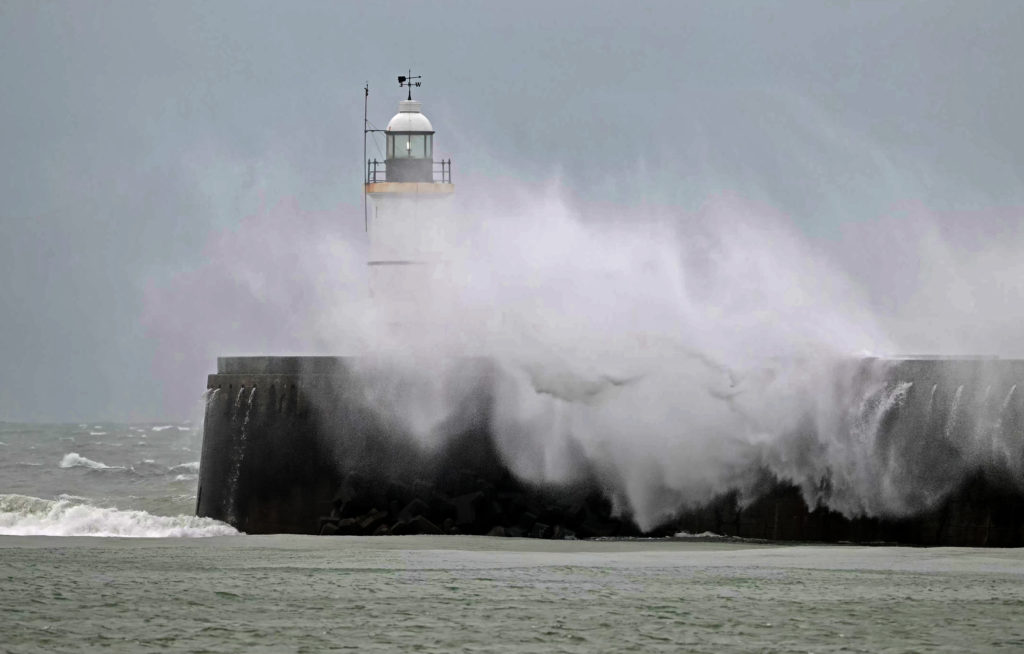Olaf Scholz will become chancellor of Germany on Wednesday, turning the page on 16 years with Angela Merkel at the helm as a new centre-left-led coalition takes the wheel of Europe’s top economy.
Scholz, who will be formally elected by the Bundestag lower house of parliament and then sworn in by President Frank-Walter Steinmeier, has pledged broad “continuity” with the popular Merkel while making Germany greener and fairer.
The finance minister under Merkel led his Social Democrats to victory in the September 26 election — an outcome considered unthinkable at the start of the year given the party’s then festering divisions and anaemic support.
Scholz, 63, who turned emulating Merkel in style and substance into a winning strategy, has now cobbled together Germany’s first national “traffic light” coalition with the ecologist Greens and the liberal Free Democrats, nicknamed after the parties’ colours.
Their four-year pact sealed late last month is called “Dare for More Progress”, a hat tip to Social Democratic chancellor Willy Brandt’s 1969 historic pledge to “Dare for More Democracy”.
“We have a chance for a new beginning for Germany,” Scholz told his party at the weekend as it gave its blessing to the coalition agreement with 99-percent support.
The alliance aims to slash carbon emissions, overhaul decrepit digital infrastructure, modernise citizenship laws, lift the minimum wage and have Germany join a handful of countries worldwide in legalising marijuana.
– Gender balanced –
The incoming foreign minister, Annalena Baerbock, has also pledged a tougher line with authoritarian states such as Russia and China after the business-driven pragmatism of the Merkel years.
Greens co-leader Baerbock is one of eight women in Germany’s first gender-balanced cabinet.
“That corresponds to the society we live in — half of the power belongs to women,” Scholz, who describes himself as a “feminist”, said this week.
Scholz and his team promise stability just as France braces for a bitterly fought presidential election next year and Europe grapples with the enduring aftershocks of Brexit.
However a vicious fourth Covid wave has already put the incoming coalition to the test.
“We have to make a fresh start while facing down the corona pandemic — those are the circumstances the new government is up against,” Scholz told reporters Tuesday, flanked by his designated finance and economy ministers, Christian Lindner and Robert Habeck.
More than 103,000 people have died with coronavirus in Germany while new infections have surged since the weather turned cold, filling intensive care units to the breaking point.
Scholz has thrown his weight behind Germany following Austria in making jabs mandatory to get the pandemic under control, as experts say the worst is still to come for the country’s struggling clinics.
He aims to have parliament vote on the issue before the year is out with a view to implementing the law in February or March.
– Merkel ‘variant’ –
Merkel, 67, Germany’s first woman chancellor, is retiring from politics after four consecutive terms, the first post-war leader to step aside of her own accord.
She leaves big shoes to fill, with large majorities of Germans approving of her leadership, even if her own party, the conservative Christian Democrats, often bridled against her moderate course.
“For 16 years, Angela Merkel defined the political centre,” columnist Nikolas Blome said.
“If she were running again, she would win a fifth term,” he added, saying it was nevertheless time for new blood.
Despite being from a rival party, Scholz tapped into that well of popular support in his bid to succeed her.
The left-leaning daily Tageszeitung recently joked about the similarities between the two politicians on its front page, with the pandemic-era headline “Merkel Variant Prevails” and a picture of a grinning Scholz.
Her successor has however pledged to tackle the widening gap between rich and poor under Merkel.
The independent Centre for European Economic Research (ZEW) said in an analysis of the coalition pact that lower-income Germans and parents stood to gain the most from its policy roadmap.
Meanwhile Greens supporters are banking on billions flowing toward climate protection and renewable energy, even as the government pledges to return to a no-new-debt rule by 2023.

